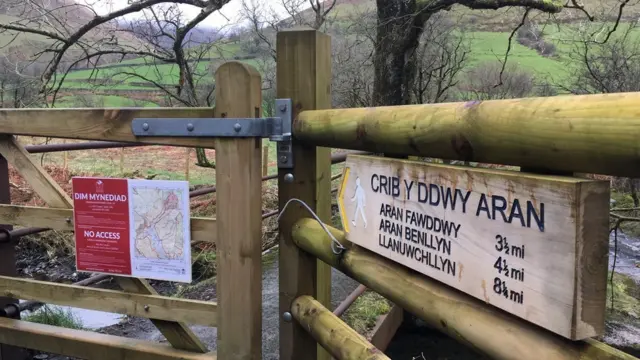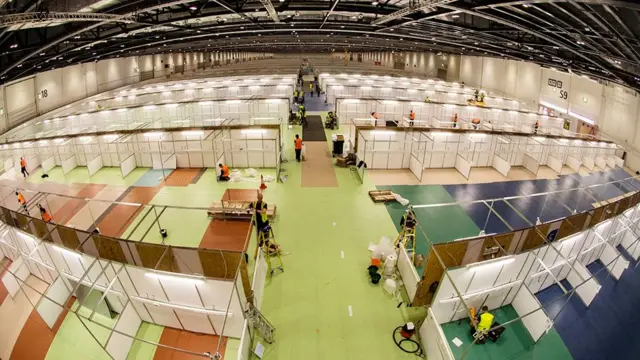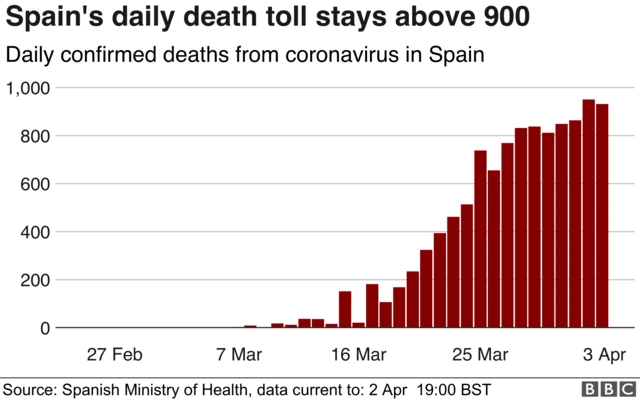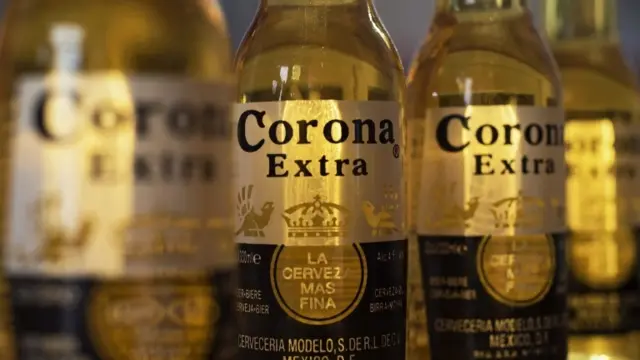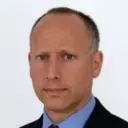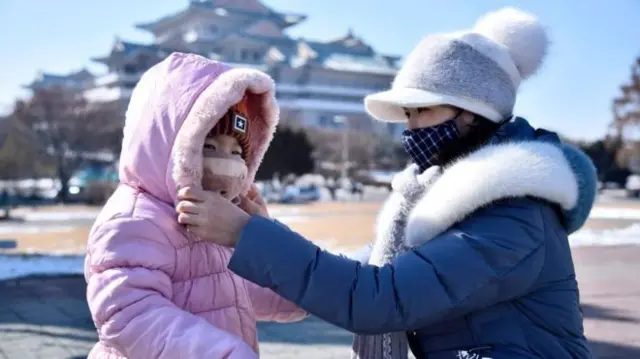Prince Charles officially opens Nightingale hospitalpublished at 11:45 BST 3 April 2020
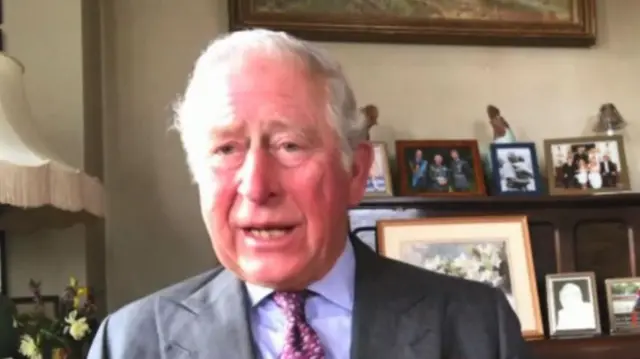
Prince Charles has officially opened London's new NHS Nightingale Hospital via video link.
He joined live from his home in Scotland, where he self-isolated after being diagnosed with coronavirus.
He says he was "enormously touched" to be asked to open the hospital, calling it a "spectacular" feat of work in every sense and was above all "the result of extraordinary collaboration".
He said he was "one of the lucky ones to have Covid-19 mildly" but for some "it will be a much harder journey".
He added that the new hospital offered an "intensely practical message of hope" during the outbreak.

